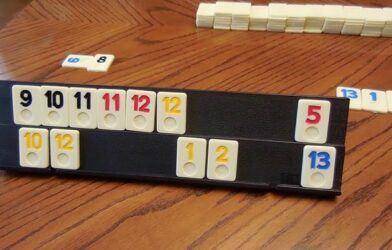Subtotal $0.00
Lupane – For generations, respect formed the very foundation of our society. Children who failed to rise promptly to greet elders, spoke out of turn, or showed a lack of moral discipline were promptly corrected—not only by their parents but by the entire community. Today, many elders lament that this foundational value is eroding, replaced by what they characterize as widespread wayward conduct among the youngest generation.
The generation in question, commonly referred to as the ‘Ama2000’, faces accusations of numerous social transgressions: pervasive disrespect toward elders, engagement in immoral behaviours, recreational drug use, and a general rejection of the customs that once unified communities.
A question reverberates from rural homesteads to urban centres: What went wrong in raising these children?
Gogo Thenjiwe Ncube (78) of Mpofu village offers a clear viewpoint. Seated outside her home, she attributes the shift to changes in parenting philosophy.
“In our era, a child was taught to observe before being seen, to listen before speaking,” Gogo Thenjiwe explains, her voice resolute yet tinged with concern. “Today, children are placed on pedestals. The concept of ‘children’s rights’ has been distorted. Being disrespectful is not a right. We have grown fearful of disciplining, correcting, or shaping them lest we hurt their feelings. We overprotect them from consequences, but in doing so, we fail to shield them from ruin.”
This perspective resonates with many who argue that an overemphasis on children’s autonomy, coupled with a reluctance to enforce firm discipline, has produced a generation lacking a strong moral compass.
Conversely, young people at the heart of this debate present a contrasting view, insisting they are not morally deficient but rather products of a fundamentally different world.
“We’re labeled disrespectful because we question what previous generations accepted without hesitation,” says Anathi Dube (19), a university student. “We are the first generation raised entirely in the digital age, with access to global information, diverse cultures, and ideas instantaneously. Our worldview extends beyond our villages. We’re not immoral; we’re evolving.”
His friend, Sipho Moyo (20), echoes this sentiment: “The criticism is harsh because elders don’t grasp our reality. We face immense pressures—academic, social media, and economic struggles. Some resort to drugs as a coping mechanism. This is a symptom rather than a cause. We are navigating challenges their generation never faced.”
This clash of perspectives lies at the heart of a deeply emotional national discourse. Is this cultural shift a straightforward case of moral decline, or a more nuanced societal transformation that elders struggle to understand?
Sociologist Dr. Noma Mbele suggests that the reality lies between these extremes. “Technology, globalization, and the weakening of extended family networks have all had profound impacts. Yet, the elders’ concerns remain valid. The core challenge is that while society has changed rapidly, child-rearing techniques and intergenerational communication have not evolved at the same pace.”
The pressing question remains: Should society simply accept the new norms of the Ama2000, or is it possible to bridge the divide and guide the youth back toward respect and integrity?
Many contend the solution is neither sole adaptation nor strict adherence to tradition but a blend of both. Elders must strive to understand the unique pressures of the digital era, engaging with curiosity rather than condemnation. Simultaneously, youth should appreciate the enduring value of respect, communal wisdom, and cultural heritage that sustained their ancestors.
The way forward lies not in blaming children’s rights or technology but in rebuilding the bonds of community. This requires open dialogue with mutual listening, a readiness to adapt teaching methods without forsaking core values, and a collective commitment to ensuring that progress does not come at the expense of principle.
The conversation has begun. The future of our nation’s social fabric depends on how we choose to continue it.
What are your views? Has modern parenting failed the youth, or is society failing to understand its youth? Write to us and join the debate.














